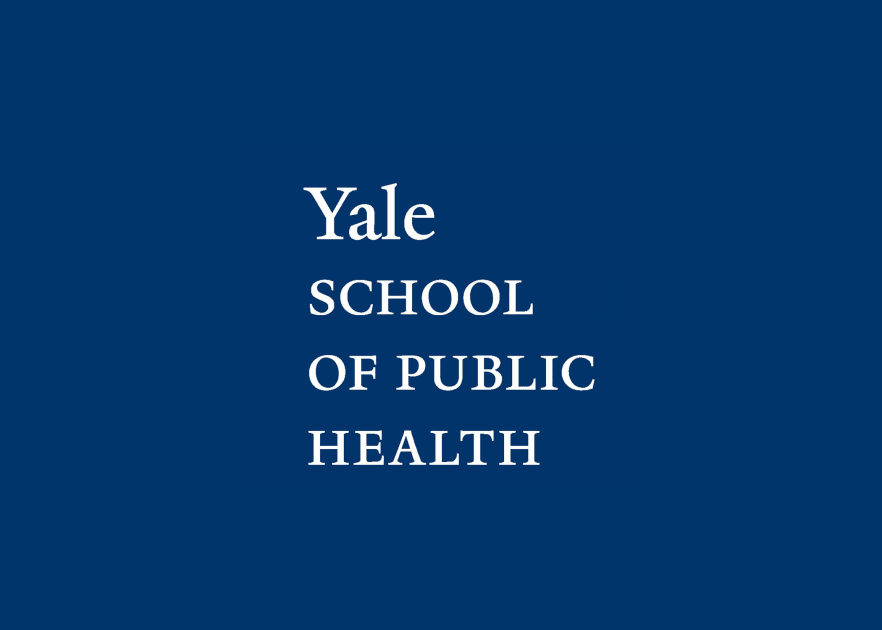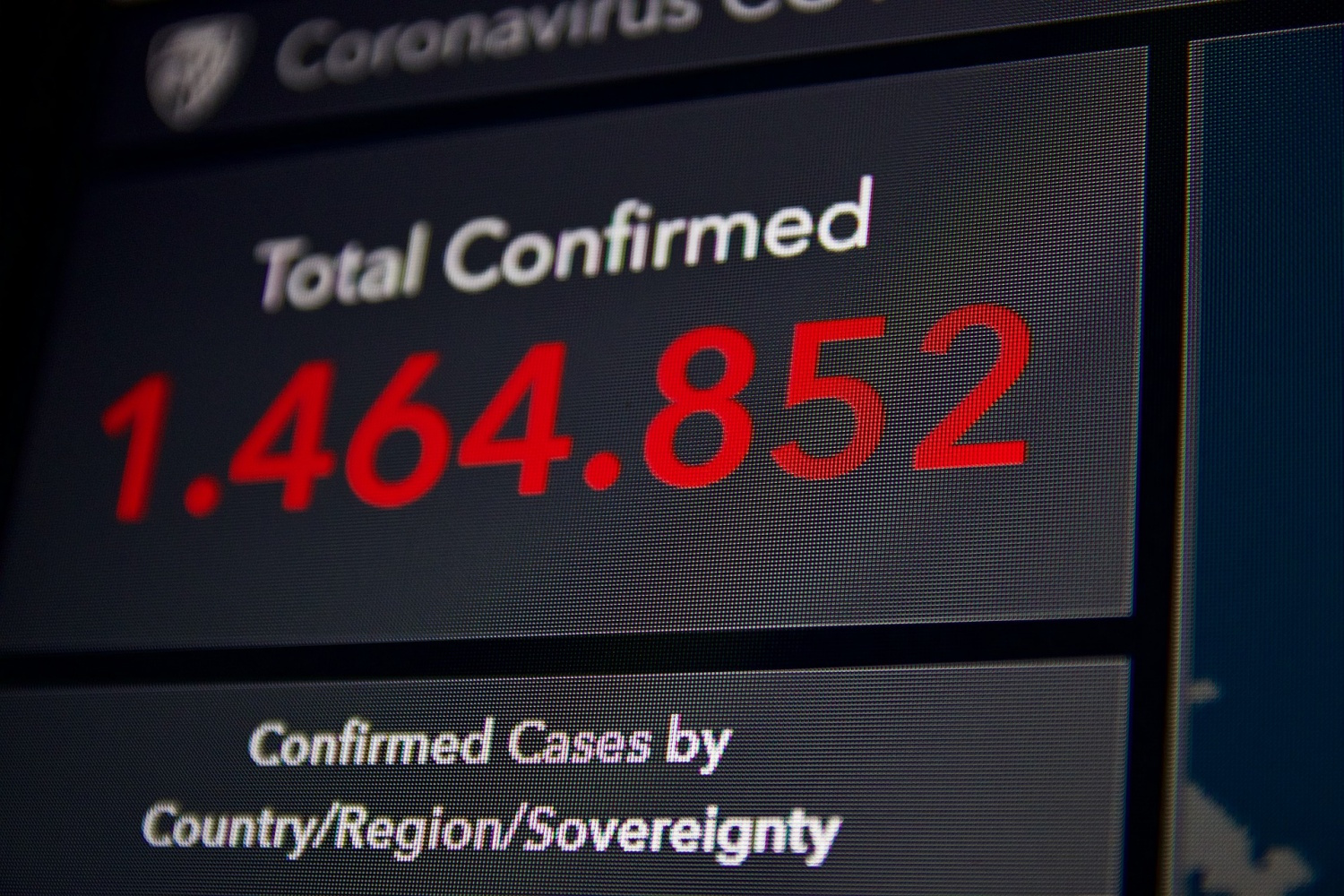AndrogenHacker
Member
Rules:
1. I will not be sharing any specific patient personal details that even comes close to violating HIPPA.
2. I will not answer questions that could potentially deface my place of work.
Example of a good question:
"How often do you see patients with covid recover after being intubated"
Example of a question I won't answer:
"What protocols does your hospital use for every covid patient"
1. I will not be sharing any specific patient personal details that even comes close to violating HIPPA.
2. I will not answer questions that could potentially deface my place of work.
Example of a good question:
"How often do you see patients with covid recover after being intubated"
Example of a question I won't answer:
"What protocols does your hospital use for every covid patient"
















